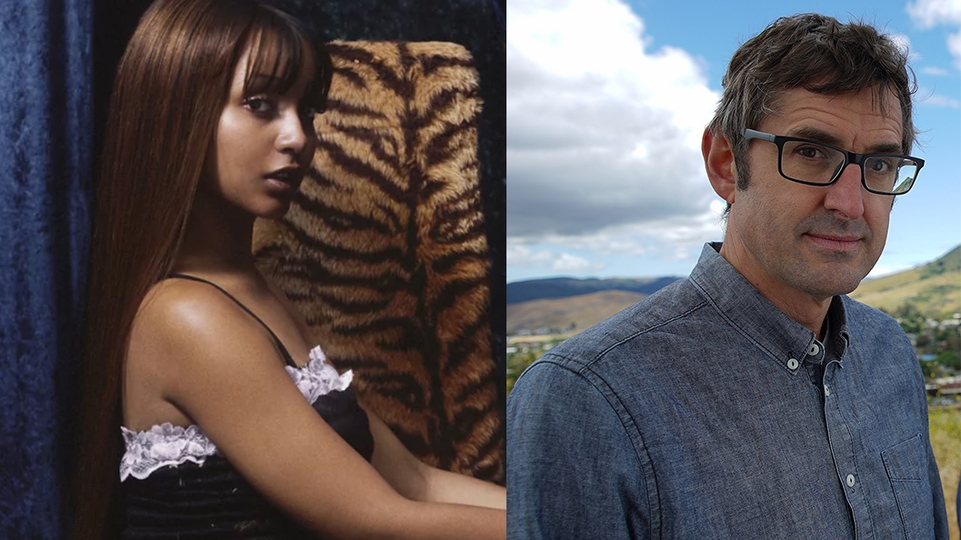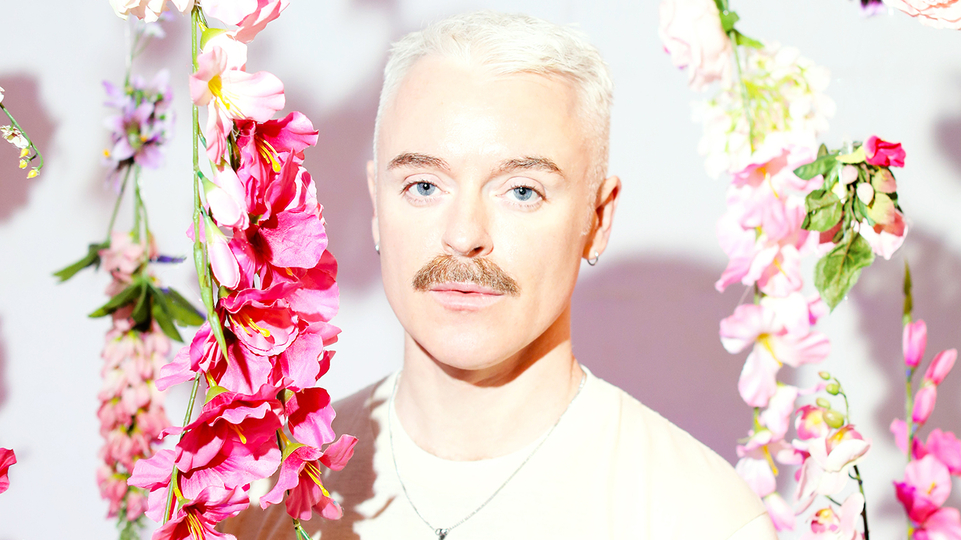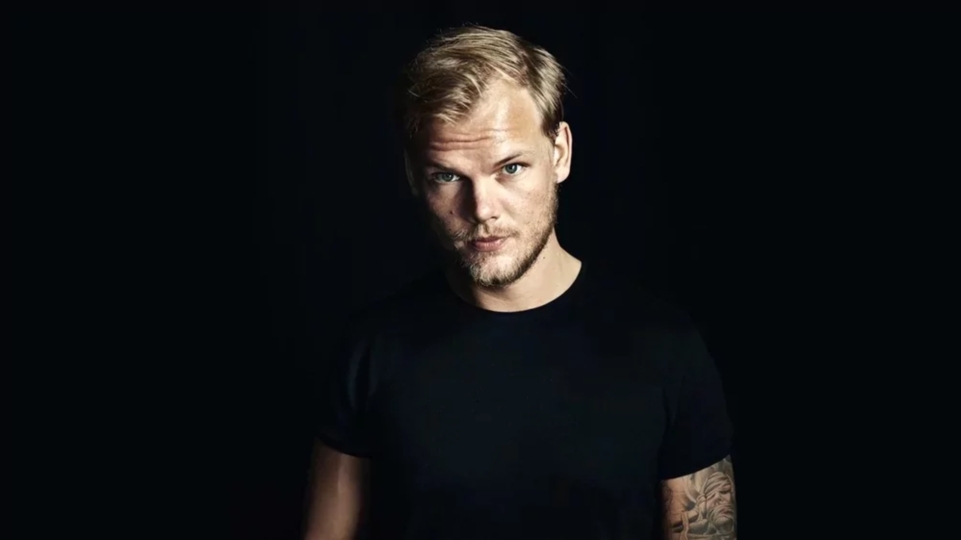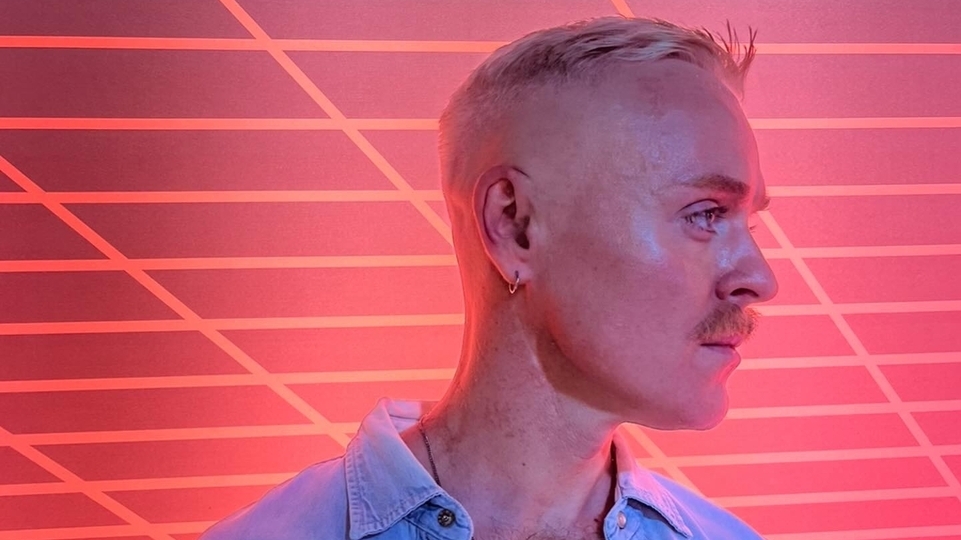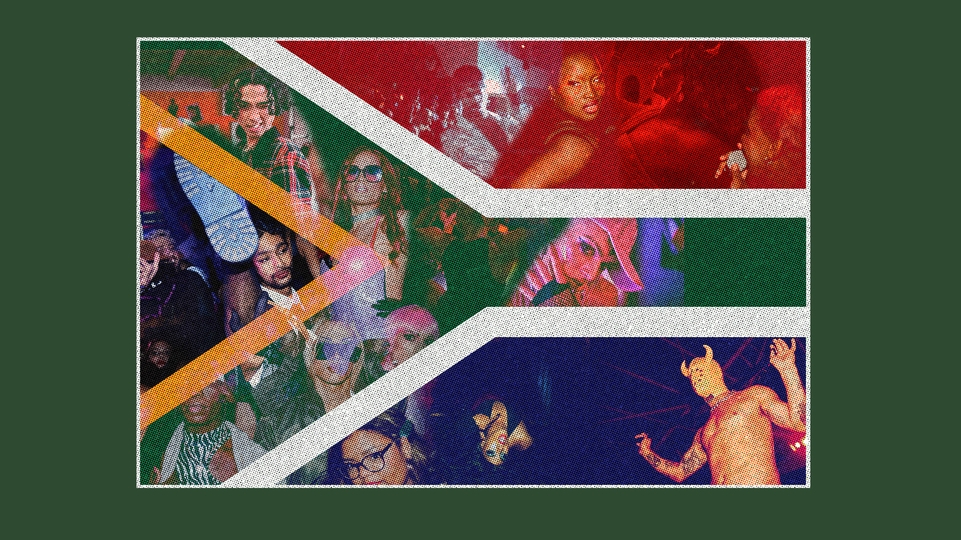
On Cue: Cormac and queer dance music history
With his new podcast, Queerly Beloved, Northern Irish DJ Cormac explores what it means to be a queer artist in dance music today. Interviewing contemporary figures about their histories of queer discovery, the Panorama Bar and fabric regular continues an intergenerational conversation surrounding the life-affirming moments, communal experiences and enduring challenges of LGBTQ+ expression. Alongside an On Cue mix packed with HI-NRG anthems and Italo house, Marke Bieschke learns more
What is “queer music”? For some, the term recalls debauched downtown discos of yore, with unbridled backrooms, fabulous androgynes, and Liza Minnelli descending to the Studio 54 dancefloor on a giant spoon. For others, it pulls up a Charli XCX playlist for several reps at the corner gym, a wobbly Italo house flashback to Berlin’s Cocktail D’Amore weekender, or a stream of Eris Drew and Octa Octa’s six-hour rave set in the New England woods, where they summon the divine feminine energy of the Motherbeat. As queer things must be, the musical category is impossible to pin down — and the more kinds of people who find their voice in it, the more it changes shape.
From 2000 to 2015, the musicologist JD Doyle hosted an online radio show and web archive called Queer Music Heritage, which shone a light on this ever-undulating prism of LGBTQ+ expression, documenting the often hidden stories and figures of music’s queer lineage. These included the famed 1910s “Male Soprano” Herbert Clifton; “queer prom songs” of the ’50s; ’70s lesbian folk artists; the cheeky writers of ’90s production AIDS: The Musical, and ’00s hip-hop pioneer Tori Fixx. The tales were often surprising (warbling “female impersonator” Herbert was ostensibly straight, for example — his piano-playing wife was his accompanist); they tossed a fistful of sparkle into the dry annals of musical history.
Taking up Doyle's torch in the podcast age is DJ Cormac, whose Queerly Beloved series finds him interviewing contemporary figures to explore what it's like to be a queer artist in dance music today. Cormac — owner of the Hi-NRG-oriented Polari label, queer health advocate, and veteran of fabric and Panorama Bar among many others — adds his own twist to this topic. “I’m interested in how we navigate this moment of visibility and, for a lucky few of us, opportunity in the music industry,” he says. “There are still enormous challenges, but being together in community and sharing our stories have always been our great strengths.”
The guiding principle for Queerly Beloved then, may be that queer musical heritage isn’t solely built on revelations from a past hitherto veiled by oppression and secrecy, but something that’s constructed person-to-person in real time, through moments of connection and openness.
The podcast’s first season, which launched earlier this year, features big names like dance-pop artist Romy of the xx, electroclash legend Peaches, DJ, producer and vocalist Josh Caffe, lovable rogue DJ Fat Tony, trans trailblazer Planningtorock, and house mavens Kim Ann Foxman and Andy Butler of Hercules and Love Affair. With his gentle Northern Irish lilt and calm demeanour, Cormac establishes an instant rapport with each artist that soon has them dishing enthusiastically about music, family, and their history of queer discovery.
“For me as a kid, music was a fantasy, an escape, a support system,” Cormac tells DJ Mag from his home, enjoying one of his rare weekends off from travelling to sip tea, read books, take long walks, and hit the bars. “I found a lot of the support that was missing for me as a gay child through pop music, through my brother’s albums, and through music videos. I think for many queer people growing up, you still feel isolated from your family, no matter how supportive they may be. You’re usually the only gay in the house. Music becomes this kind of portal to a world where you can be what you want to be, and where you can find others like you.”
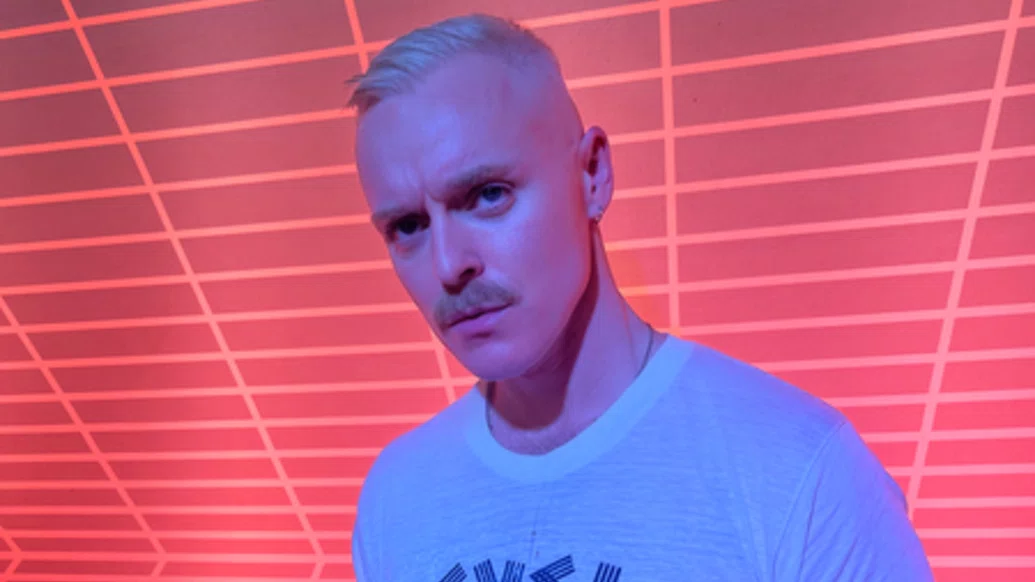
“There are still enormous challenges, but being together in community and sharing our stories have always been our great strengths.”
The stories he teases out of his guests reflect that magical dimension, while illuminating individual queer experiences. Rising star fka.m4a talks about growing up on a council estate in Wembley; from their mother’s balcony, they listened to the Spice Girls and Beyoncé performing at the nearby Arena, dreaming of growing up to become them. (They also refused to take a bath as a child without the 2001 CD single of ‘Lady Marmalade’ from Moulin Rouge playing on repeat.) South African DJ Lakuti says her musical awakening arrived to the strains of soul man Barry White’s ‘Never Gonna Give You Up’, probably one of the least expected of queer anthems, unless listened to in a very particular way.
A perfect example of queer musical lineage, Peaches — the only person on the planet who can plausibly say, “I identify as a fruit” — talks about being flabbergasted as a teen hearing Canadian group Rough Trade reach No. 1 in 1981 with the brazenly Sapphic ode, ‘High School Confidential’. The song, shockingly forthright for its time, inspired her to become an uninhibitedly queer performer. In turn, in her episode, Romy described the electric inspiration of attending her first live gig as a teen, whose headliner was... Peaches. “We lost a lot of queer elders before their time, and we're still filling in those gaps in knowledge,” Cormac says. “It’s fascinating to see how intergenerational exchanges are bridging that loss, especially through music.”
The podcast also provides an opportunity for Cormac to tell his own story, discussing often taboo topics in public queer conversation, like his history of managing depression and his journey to sobriety. He describes growing up in a chilly household, where emotional connection came mainly through music — and his lingering questions about unmarried family members. “Sometimes, I forget I’m even doing a podcast,” he says. “And then the night before it’s going out, I’m like, ‘Shit, I’ve been very, very open’. But then I just think, ‘Well, it’s the truth’. And I think the truth ages well.”
Queerly Beloved guest Fat Tony, in fact, was Cormac's recovery programme sponsor, and their raw and often uproarious conversation about their relationship while coming out of addiction is one of the series’ highlights. “He drove me mad and saved my life. It’s amazing to see his positive trajectory,” Cormac says of the man who went from enfant terrible of the ’80s club scene to having congratulatory photos of his recent marriage proposal to his boyfriend published in the Daily Mail just this year. That kind of interpersonal tale, among the most vulnerable, is what spurred Cormac to launch the podcast.
“There are amazing, life-affirming conversations being had in clubs and on the dancefloor. They have saved me,” Cormac says. “I’ve noticed that some important conversations to be had can be isolating topics in the club. But actually, what I’ve learned is that these conversations aren’t happening in isolation, we just feel isolated within them. We want to talk openly. I’m not a mental health expert, my own education has been through my struggles. And I’m definitely not that guy who’s like, ‘Hey everyone, let’s get sober!’ But I’d like us to talk about those things.
“There are pressures to being queer in a heteronormative society, despite how far we may have come. There are pressures to being an artist in a super-capitalistic society. Mostly, government systems don’t support self-employed people or artists in the same way that they’re supporting corporations. There’s an encouragement to be part of a business or company, or to internalise becoming ‘corporate’ to survive. We’ve relied on each other throughout history to get through these things, building our own networks that sustain us under these oppressive systems.
“Of course, it’s not all so serious!” he quickly adds. “We’re talking about music, and life, and just having a lovely time with it. I think that’s something we do to survive, as well.”
Listen to Cormac’s On Cux mix below, and listen to Queerly Beloved here.
